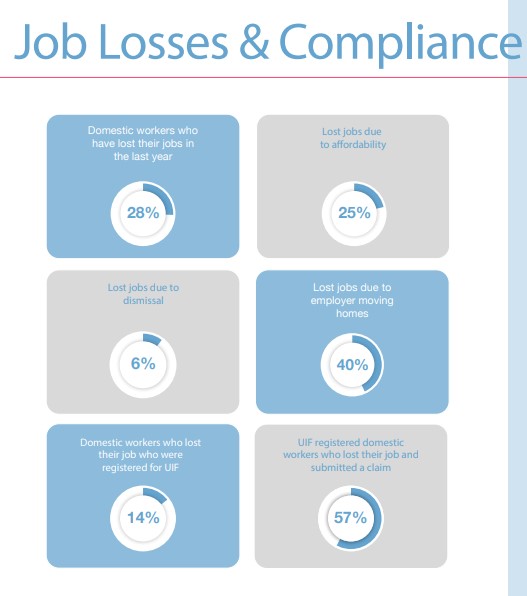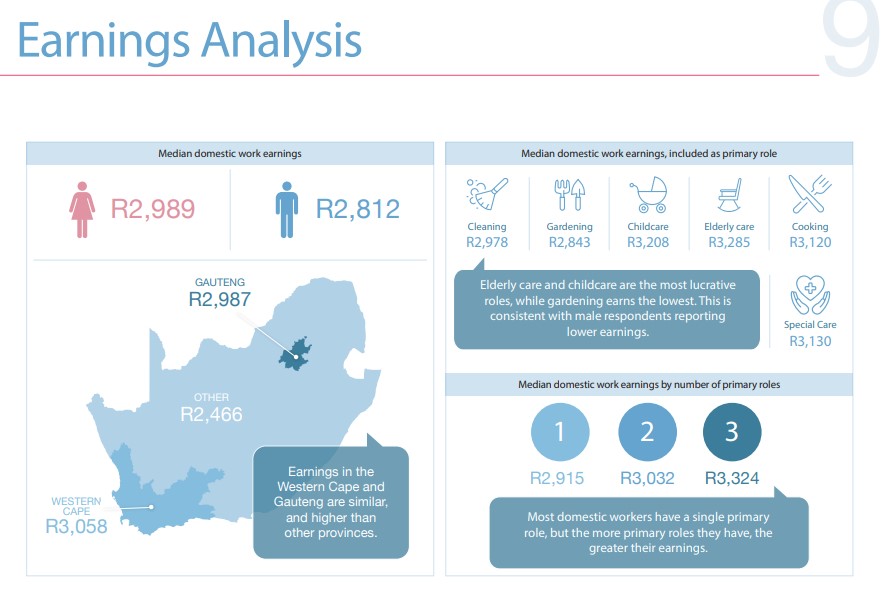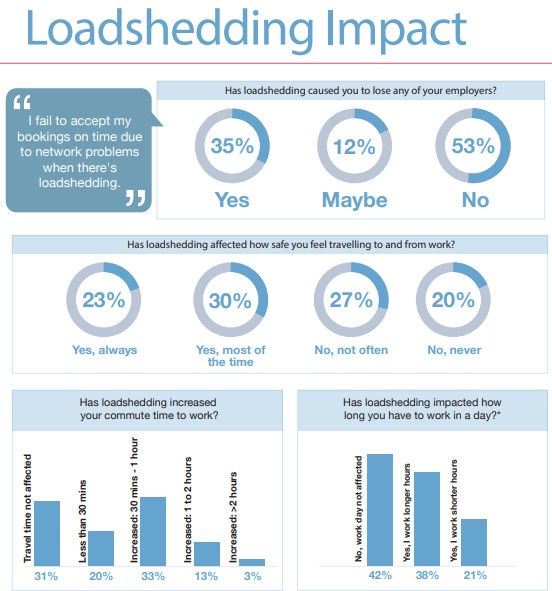- A new study from digital cleaning services platform SweepSouth found that domestic workers in South Africa have been dealing with wide-ranging job losses.
- 28 percent of those surveyed said they lost jobs in the last year, a large amount losing employment due to emigrating employers.
- Among other insights, the study suggests that majority of domestic workers are still paid under the minimum wage, despite legislation meant to stop this practice.
Although a cornerstone of the middle-class South African household, the topic of domestic workers is a politically charged one in South Africa. On one hand a holdover from before the country’s first democratic elections, a profession fuelled by economic inequality and on another a way of life for hundreds of thousands of individuals.
A new 2023 study conducted by SweepSouth, a digital provider of cleaning services, found several key insights into the lives of domestic workers in terms of employment opportunities, salaries, and how poor economic conditions in the market have affected their livelihoods.
It surveyed nearly 6 000 domestic workers in South Africa in June. Among other highlights, it found that there were wide-ranging job losses in the last year, with 28 percent of participants indicating that they lost employment in that period. Of these, 40 percent said they lost jobs because of employers moving house with 59 percent of those employers moving overseas.
A study conducted in 2022 found that more than 10 percent of working-age South Africans were considering leaving the country to pursue better economic opportunities and avoid social ills. Of these over 30 percent were high-income earners – the sort of individuals likelier to employ domestic workers.
Nearly 70 percent of those that lost their jobs said they were not registered with the unemployment insurance fund (UIF), and only 52 percent of those registered were able to submit successful claims.

According to the report, sent to Hypertext, the average age of a domestic worker in South Africa is 37, and the average monthly income is around R2 989, or R96 per day if divided by 31 days. This means that the mean salary for domestic workers is far below the minimum wage of R25.42 per hour if the person works nine hours. The study indicates that five percent of participants work more than nine hours a day.
Women make up the vast majority of domestic workers, and usually, they are their family’s sole breadwinner. Over 70 percent said that they don’t make enough to save since they will have to split income between daily expenses such as food (which has seen 12 percent price increases over the past year), housing, transport, electricity, mobile phone data or airtime, school fees and other expenses.

Of those surveyed, 39 percent were South African citizens, and over 55 percent were from Zimbabwe.
Loadshedding was also seen as disruptive, with nearly 60 percent of respondents believing that power cuts had either made their workdays longer or shorter. Around 35 percent said that loadshedding had caused them to lose chances at jobs.

“Consistent with previous reports, we can see the significant burden placed on domestic workers to support themselves and their families at home. Continued economic difficulties will compound the pressure on workers,” explains Luke Kannemeyer, managing director at SweepSouth.
“While South Africa has minimum wage and other labour legislation protecting domestic workers, the report indicates that this is often not adhered to. Without innovative ways to improve implementation and enforcement, domestic workers will not see much benefit,” Kannemeyer adds.
SweepSouth offers on-demand and repeat domestic worker services and over 50 million people are connected to the app across six cities in South Africa, as well as in locations in Egypt.
The study recommends that we have a more open discussion about domestic worker pay, saying “Change begins at home, and the minds you can most easily change are those of your family and friends. Discuss domestic worker pay with them. Share the insights in this report with them. Share it with your neighbourhood through your local WhatsApp or Facebook groups.”
You can read the full report below:
[Image – Photo by Adam Winger on Unsplash]

